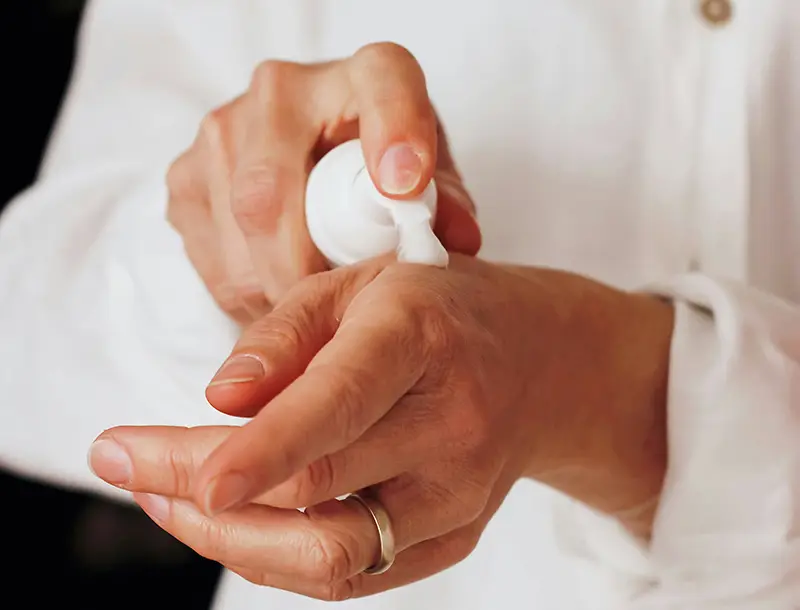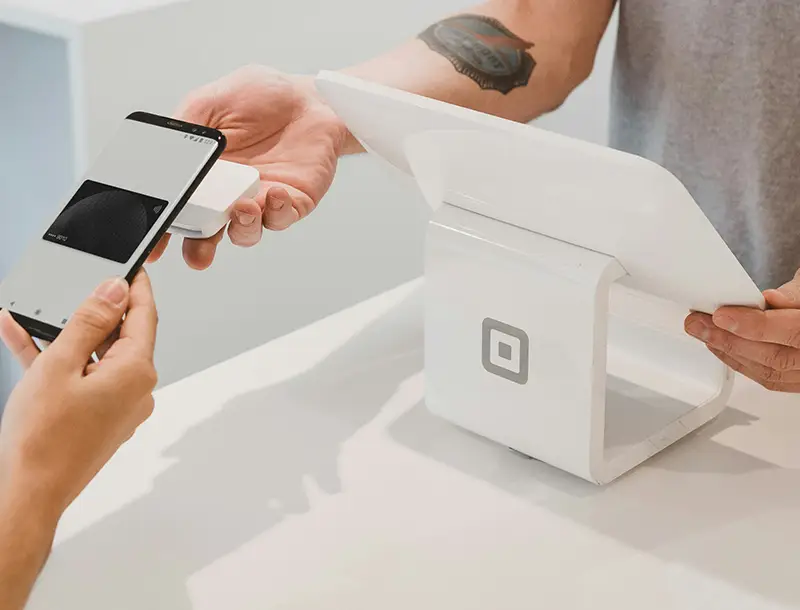Cannabidiol (CBD) products vary quite widely when it comes to their formats. They are utilised in a medicinal context due to their potential to provide therapeutic effects. However, whether it’s a CBD oil, vaporiser, topical or edible, you will still require a valid prescription, which has been approved by the Therapeutic Goods Administration (TGA). This means talking with your doctor to determine whether CBD is right for you and finding a product that aligns with your lifestyle.
What CBD products are available in Australia?
In Australia, CBD products come in a variety of formats including vaporisers, oils, edible, and topical products. Regardless of the product type, acquiring a CBD product will still require a prescription approved by the Therapeutic Goods Administration (TGA). While recent changes to TGA guidelines have made it so that certain CBD products have the potential to be over-the-counter, none have been approved thus far.
CBD oil
CBD oil is a type of medicinal cannabis product created through the extraction of CBD from the cannabis plant and the subsequent combination with a carrier oil. A variety of oils such as olive oil or medium-chain triglyceride oil can be used for this. By adding the carrier oil, the CBD product is more easily absorbed into the body. Typically, CBD oils are ingested through sublingual administration (under the tongue). There are different types of CBD oil based on the inclusion of phytocompounds. Full and broad spectrum CBD oils contain a range of other compounds whereas isolates and distillates aim to limit other compounds and focus on CBD.
CBD vaporisers
CBD vaporisers, or vapes, use an inhalable format of CBD that is ingested through inhalation. This is considered to be a lower health risk than smoking and less damaging to the respiratory system. Some CBD vaporisers come in the form of vape pens, which consist of a pen-shaped body, a cartridge and an atomiser. The atomiser is the component responsible for heating the CBD extract and making it into inhalable vapour. Once inhaled, it can be absorbed into the bloodstream through the lungs. From there, it travels to different parts of the body.
What makes vaporisation different from smoking is that the CBD is not burned, but rather heated. Burning releases carcinogens which are very harmful to ingest. Vapour avoids these risks and provides a safer option for inhalation.

CBD topical products
CBD topicals work by being absorbed directly through the skin. Within this category are a range of products such as lotions, oils, sprays, patches and more. CBD topicals operate by binding to the cannabinoid receptors present in the epidermis of the skin. The effect it creates is localised and largely dependent on the ingredients and overall cannabinoid content of the product.
CBD edible products
CBD edible products are made to be absorbed through the digestive system in the same way as food. They come in a range of formats including capsules full of CBD oil, wafers, tinctures and tablets. CBD edibles are particularly useful for their simple administration and their ability to provide precise dosage control. However, their therapeutic effects often take longer to work and last longer compared to other formats.
What are different CBD product types used for?
Different types of CBD products are available so that they can suit the individual requirements of patients. This is within the broader context of their medical treatment plan. Doctors conduct a thorough assessment of your medical history and current health condition to determine whether CBD is right for you. They will then recommend a CBD product that fits best with your circumstances and is likely to have the most effective interaction with your endocannabinoid system. Having a greater breadth of options means that more people potentially stand to benefit from CBD products.

How much do different CBD product types cost?
CBD product types have their cost impacted by factors including their type, concentration and dosage. Depending on the type of CBD product, the manufacturing costs will be different. Something like a CBD lotion may require more processing than a full-spectrum CBD oil, which translates to more expensive manufacturing. Additionally, concentration is an important factor because it corresponds with a higher amount of CBD in the product itself. This will mean using high-end extraction methods to ensure the extract is sufficiently pure. And the dosage also matters because a higher dosage means needing to buy more of the product itself. In addition to all this, you should factor in your health insurance policy. Certain insurers may cover medicinal cannabis products under their options extra policies. However, you should always check to clarify this since it’s rarely advertised. Little Green Pharma has a partnership with health insurer HIF to help lower medicinal cannabis costs. If you’re a HIF member, and have Pharmacy included in your optional extras, you may be eligible for a rebate on your CBD treatments.
If you have any questions about CBD,
please reach out to our team.
Additional CBD information
Learn about what effects to expect when taking CBD products.
The Effects of CBDWe unpack the differences between CBD and THC medical cannabis products. Find out which is best suited to you.
CBD vs THCCBD medical cannabis can be delivered in a number of ways. We break down the range of product types for CBD cannabis.
CBD Legality in AustraliaLearn about CBD and how you can utilise it as an Australian resident.
CBD in AustraliaCBD oil is one of the most popular forms of CBD. Learn about it on this page.
Buying CBD Oil